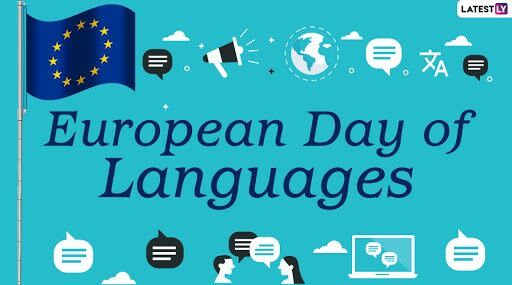European Day of Languages 2020: Date, History and Significance of The Day to Promote Indigenous languages in Europe

With an aim to encourage language learning across Europe, the Council of Europe and the European Union on September 26 celebrate European Day of Languages. The special day celebrated across Europe since 2001. On Saturday, Europe will celebrate the European Day of Languages' 19th anniversary.
Also Read | Greece, Turkey Agree to Hold Talks to Discuss Mediterranean Crisis
As per to an estimate, there are over 225 indigenous languages in Europe, excluding those which have arrived on the continent through migration. The Council of Europe proclaimed the European Day of Languages on 6 December 2001, at the end of the European Year of Languages. In terms of foreign language studies are concerned, English is currently the most popular foreign language in Europe, followed by German, French, Italian, Russian and Spanish.
Aim of celebrating this auspicious day:
The European Day of Languages is celebrated to alert the public to the importance of language learning. Also, through this, the diversification of languages learned in order to increase plurilingualism and intercultural understanding are focussed. Apart from this, the Council of Europe promotes the rich linguistic and cultural diversity of Europe, and encourage lifelong language learning in and out of school.
Experts state that as immigrants and refugees entered Europe in the last few decades for a better livelihood, the continent has become more multilingual. In London alone, some 300 languages are spoken including English, French, Chinese, Polish, Russian, Spanish, Portuguese, Arabic, Bengali, Turkish, Kurdish, Berber, Hindi, Urdu, Punjabi etc.
Programmes Organised to Promote European Day of Languages:
To promote this day, innumerable activities have been planned by the Council of Europe's 47 members. Activities like EDL language challenges, EDL t-shirt competition, language facts, language games, etc. are being organised across the continent. Apart from this, the Council of Europe has also developed a new app specifically for the day to encourage users to carry out a series of language challenges.

